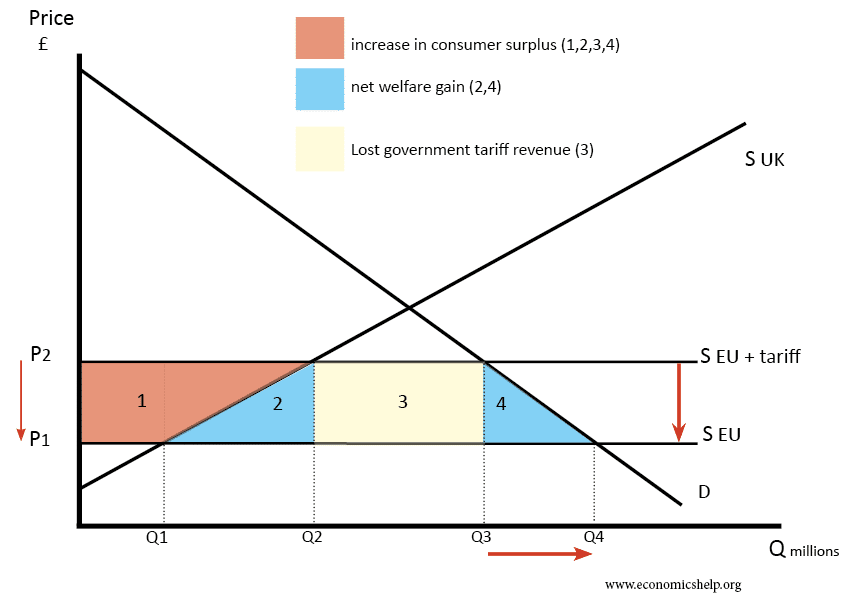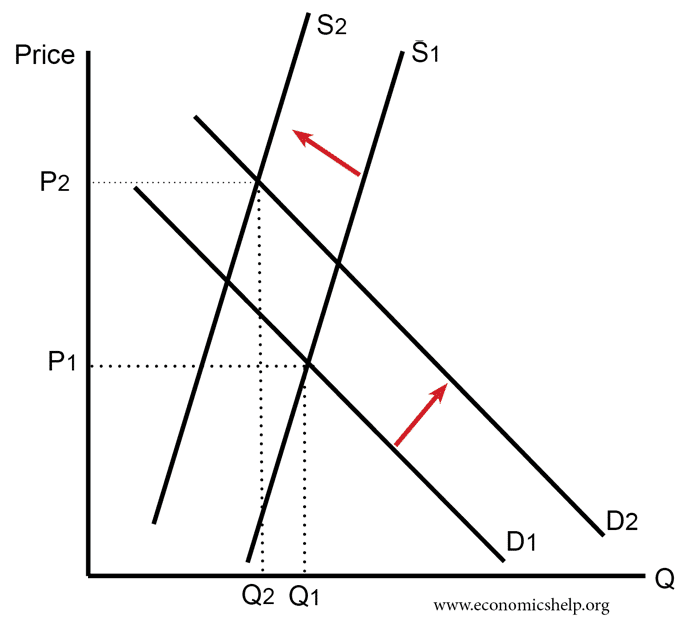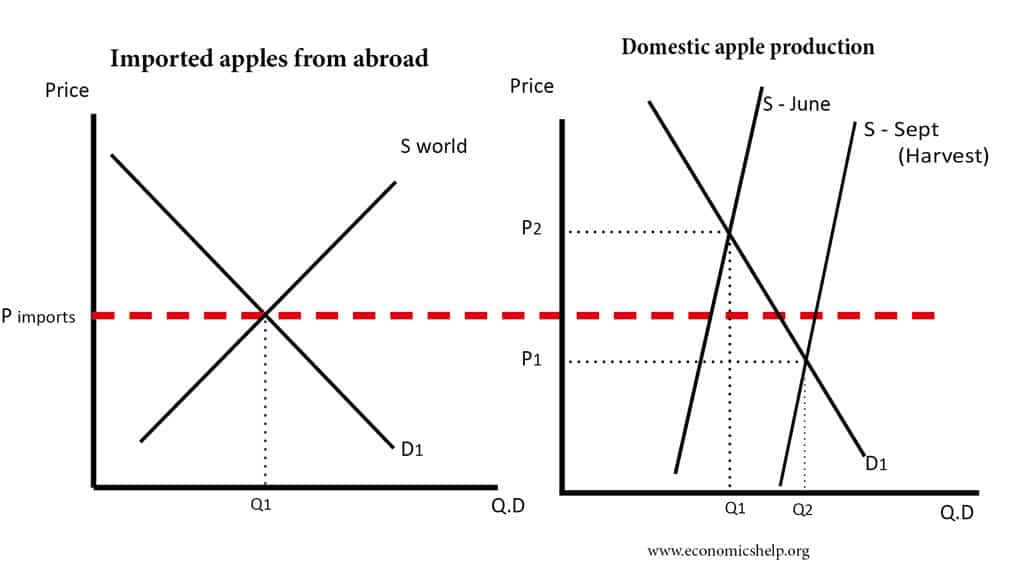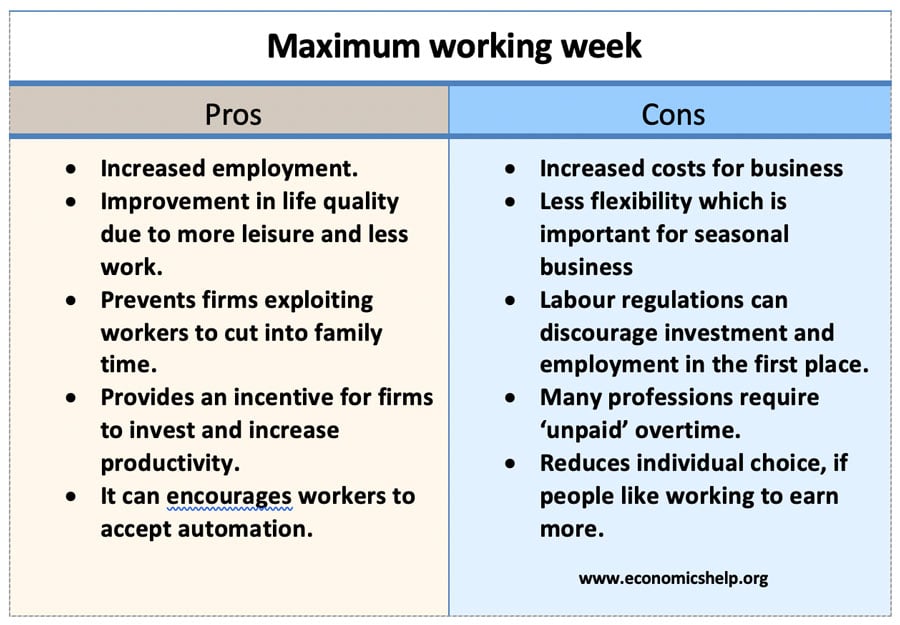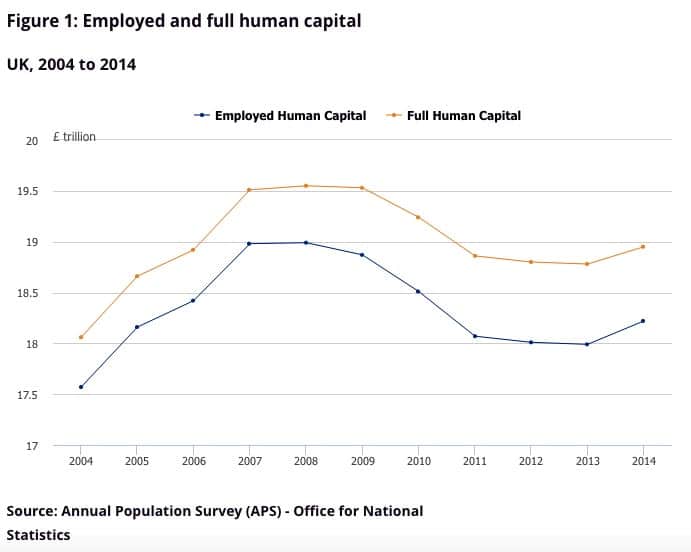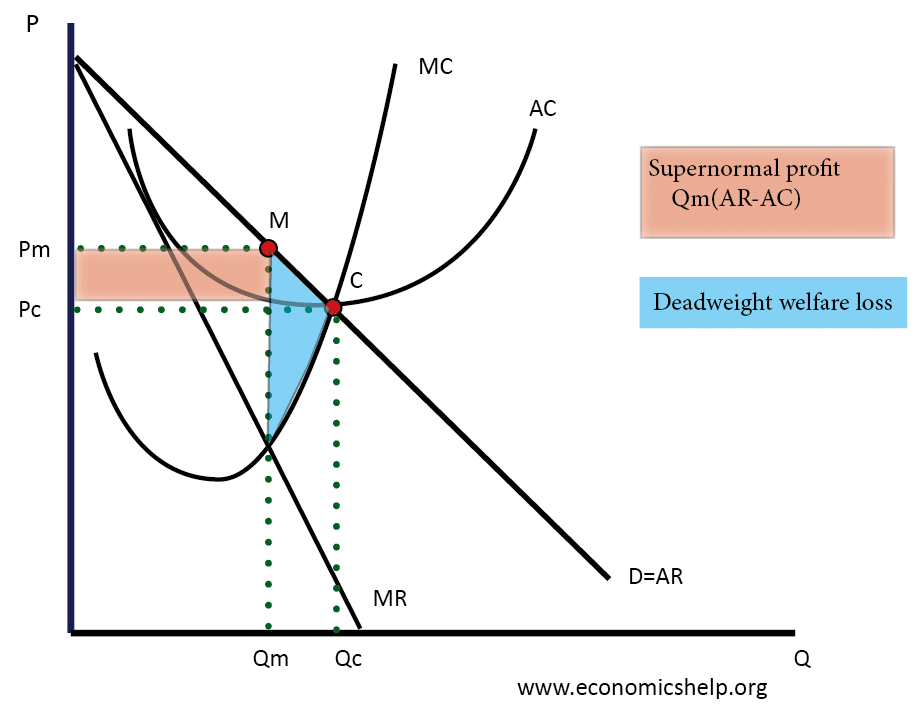Pricing strategies during a recession
How does a recession/economic downturn influence how firms will set the price of goods and services? A recession is a period of negative economic growth – falling real incomes and rising unemployment. In a recession, consumers are likely to have lower income and be more sensitive to prices. There is also the threat of unemployment …


